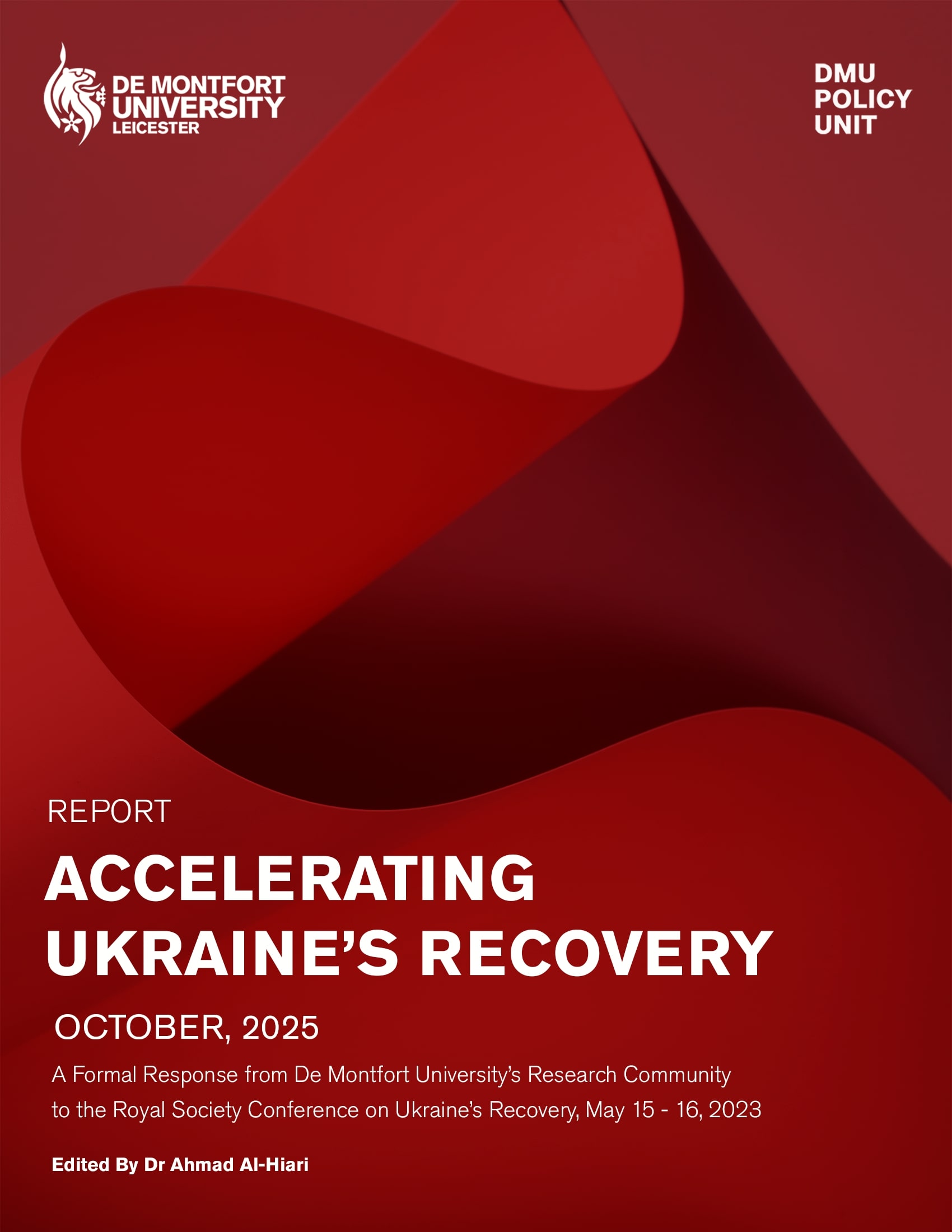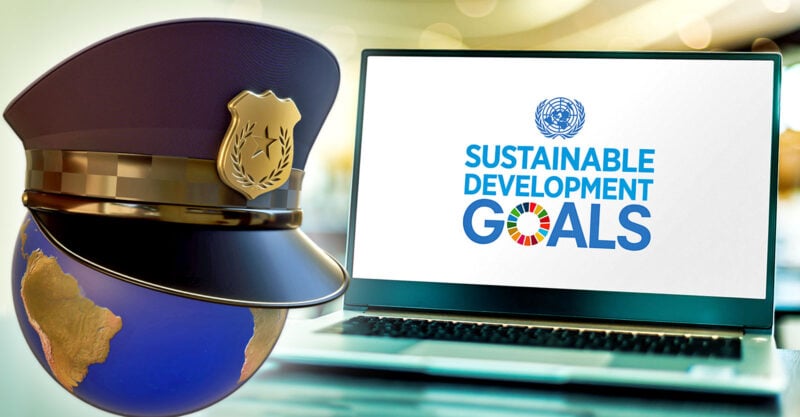The United Nations (founded in 1945, post WW2) has 193 member states and exists to promote peace and security. With bases in New York, Geneva and Nairobi, in 2015 it launched its 17 Sustainable Development Goals (SDGs), all aimed at making positive change in civil society. The SDGs have an ambition to achieve their purpose by 2030, by working as a global partnership.
Policing professionals may not have heard of these goals or be aware of their relevance, so this is an opportunity to spread the word.
The Future we Want
The SDGs address issues such as poverty, education, climate and inequalities and SDG 11 (sustainable communities and safe public spaces)1 and SDG16 (prevent crime)2 are particularly relevant to policing and partners.
SDGs are proactive and Solution-Oriented3 in nature and make absolute business sense in reducing harm and costs by reducing the need to have to continually react to problems. By working as part of the world’s largest collaboration, working towards these common goals, there is a unique opportunity to draw upon learning about how to operationalise SDGs.
2025 Review highlights organised crime and violence
SDGs are relevant to policing because they offer a ready made (and internationally agreed) blueprint for policing, and its partners, to collaborate around a common goal. The SDGs (particular 11 and 16) offer a global standard for what constitutes successful policing.
SDG monitoring reviews emergent future issues and charts progress made to date, offering policing continual improvement insights, such as in community policing and building trust and confidence. Margaret Chi (Global Policy Center for Governance) edited the most recent global strategic review of SDG 16, for example, in November 2025. The 2025 review reported on increased collective efforts to tackle organised crime, and better aggregate data to prevent violence. It also highlights the intersectionality between the SDGs, for example in building SDG11 (safe spaces), problems being reported in SDG16 (violence) can be designed out sustainability, preventing future harm and saving money.4
How to operationalise SDGs in practice
The UN itself has conceded that although all members have signed up of the goals, operational activity and impact on the ground is patchy. The low awareness of the SDGs is part of the issue, for example the unique opportunities of looking at global issues through a global collaboration reveals how new thinking can benefit us all. Recent findings have identified how single stream law enforcement upscaling, sometimes even with military support, have unwittingly fuelled drug cartel networks to accelerate what is effectively an arms race, evidenced by their increasing paramilitary criminal investment and tactics.
Organised Crime Businesses (OCBs) need to be understood and countered, as businesses, through their profit mechanisms, as simply trying to fight them in a street-based war is shown, globally, to be ineffective. In fact, such a singular street-based tactic is potentially counter productive, as upscaling of criminal paramilitary weapon capabilities is spreading at an alarming rate and such a trend, even though it may start in another country, could spread to the UK.5
SDGs offer a focused framework for agencies, and stakeholders, to work together proactively, informed by a global collaboration. Where we can all contribute is to share awareness of SDGs and support the global repository of knowledge so that the pressing challenges of our time are removed in the future by designing-in proactive solutions. By working together we are able to achieve more than working alone; if we do chose to work alone, criminal threats, with huge international financial investment, could outpace local traditional policing with devastating consequences.
Professor John Coxhead is a former police officer, pracademic, and Visiting Professor at DMU’s Faculty of Business and Law. He is the United Nations (Geneva) representative for the International Police Executive Symposium (IPES), twice recipient of the Queen’s Award for Innovation in Police Learning and Development, and researcher with the National Crime Agency and INTERPOL on Organised Crime Businesses. His work involved collaborations with the Organisation for Security and Cooperation in Europe (OSCE) and extends across multiple continents through his role developing solution-oriented policing frameworks that are now being adopted internationally.




